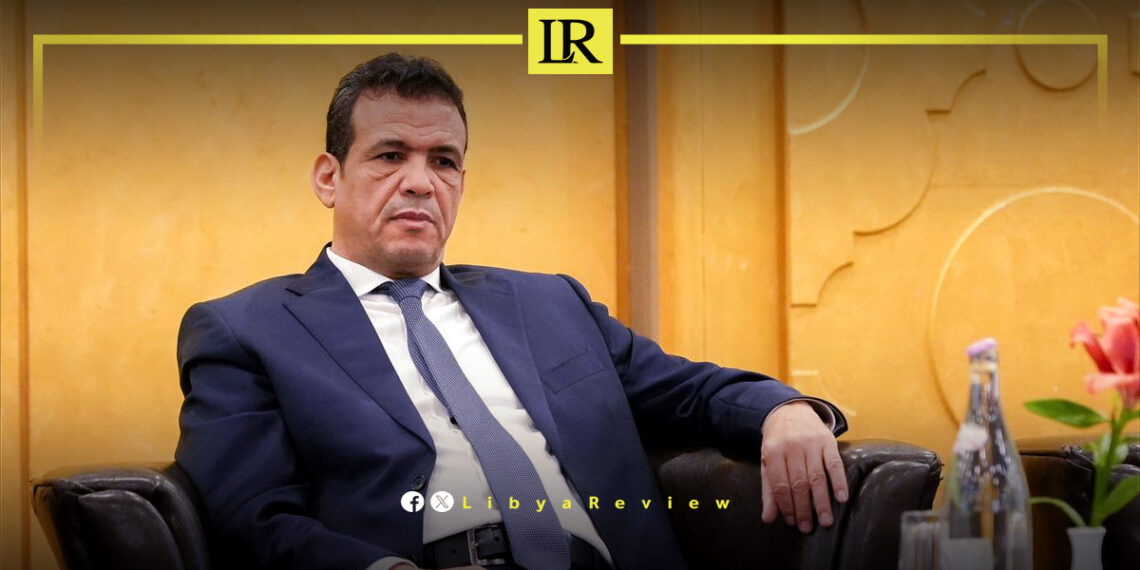The Libyan Attorney General has issued an arrest warrant for the Minister of Health in the outgoing Government of National Unity (GNU), Ramadan Abu Janah, in connection with a high-profile case involving the import of cancer medications from Iraq.
The arrest order also includes several other senior officials, following evidence of severe violations in the procurement process.
According to a statement from the Public Prosecution, investigations revealed serious legal, technical, and financial irregularities in the way the drugs were procured. The suspects reportedly disregarded procurement regulations and failed to uphold contractual integrity.
Also detained in the case are the Director of the Department of Pharmacy, the Chairman of the General Tender Committee, a member of the Central Procurement Committee at the Ministry of Health, and a representative of a pharmaceutical import company.
The Attorney General’s office confirmed that legal measures were necessary after determining the scale of the misconduct.
Libya has been in chaos since a NATO-backed uprising toppled longtime leader Muammar Gaddafi in 2011. The county has for years been split between rival administrations.
Libya’s economy, heavily reliant on oil, has suffered due to the ongoing conflict. The instability has led to fluctuations in oil production and prices, impacting the global oil market and Libya’s economy.
The conflict has led to a significant humanitarian crisis in Libya, with thousands of people killed, and many more displaced. Migrants and refugees using Libya as a transit point to Europe have also faced dire conditions.
The planned elections for December 2021 were delayed due to disagreements over election laws and the eligibility of certain candidates. This delay has raised concerns about the feasibility of a peaceful political transition.
Despite the ceasefire, security remains a significant concern with sporadic fighting and the presence of mercenaries and foreign fighters. The unification of the military and the removal of foreign forces are crucial challenges.


